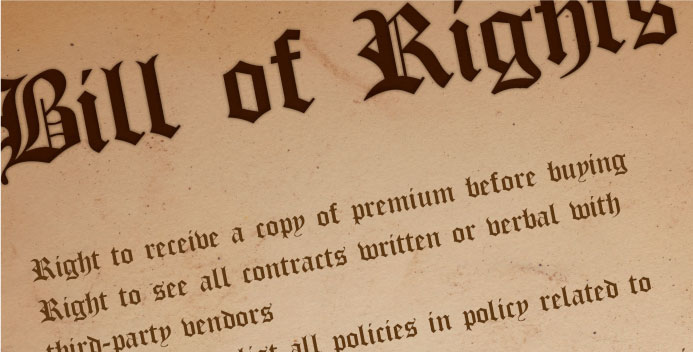Insurance companies charge the poor more, consumer report says

A recent
MSN article sheds some light on a Consumer
Federation of America report that accuses insurance companies of unfairly
penalizing lower-income drivers.
By law, insurance companies arent allowed to inquire about income, but the
CFA report says insurance companies are using other factors to determine
incomes of possible consumers and using that as a basis to charge more in
premiums.
This is just another way insurance companies pocket extra money, as
recently highlighted in Leifs most recent commercial. As Hansen points
out, millions of claims are filed each year, and insurance companies often
times will try to shave $10 here or $20 there, a sum that adds up quickly as
the claims mount.
Per MSN, the wide-ranging CFA report cites as an example a single man with a
spotless record, age 30, who drives a Ford Taurus 20 miles each way to work.
With an M.B.A. and an address in an affluent St. Louis suburb, his rate was
$558 a year. The CFA then changed his rating profile, with the following
results:
- Less
education, a $71 increase - Unemployment,
an $84 increase - Moving to
an urban ZIP code, a $347 increase - A gap in
coverage, a $638 increase - Installment
payments, $60
None of those factors means the Taurus owner is a worse driver.
Insurance companies set their own rates, but, by law each insurer must apply
a rating formula equally to every person in that state. CFA, MSN reports,
claims insurers get around the rules by charging more for rating factors and
coverages likely to be shared by low-income families. In states where credit is
a legally allowed rating factor, drivers with poor credit histories pay as much
as 25 percent more, the CFA says.
“It is difficult to avoid the conclusion,” the CFA report says,
“that major insurers are far more interested in selling auto insurance to
higher-income families.”
To read the entire
article, go here.





